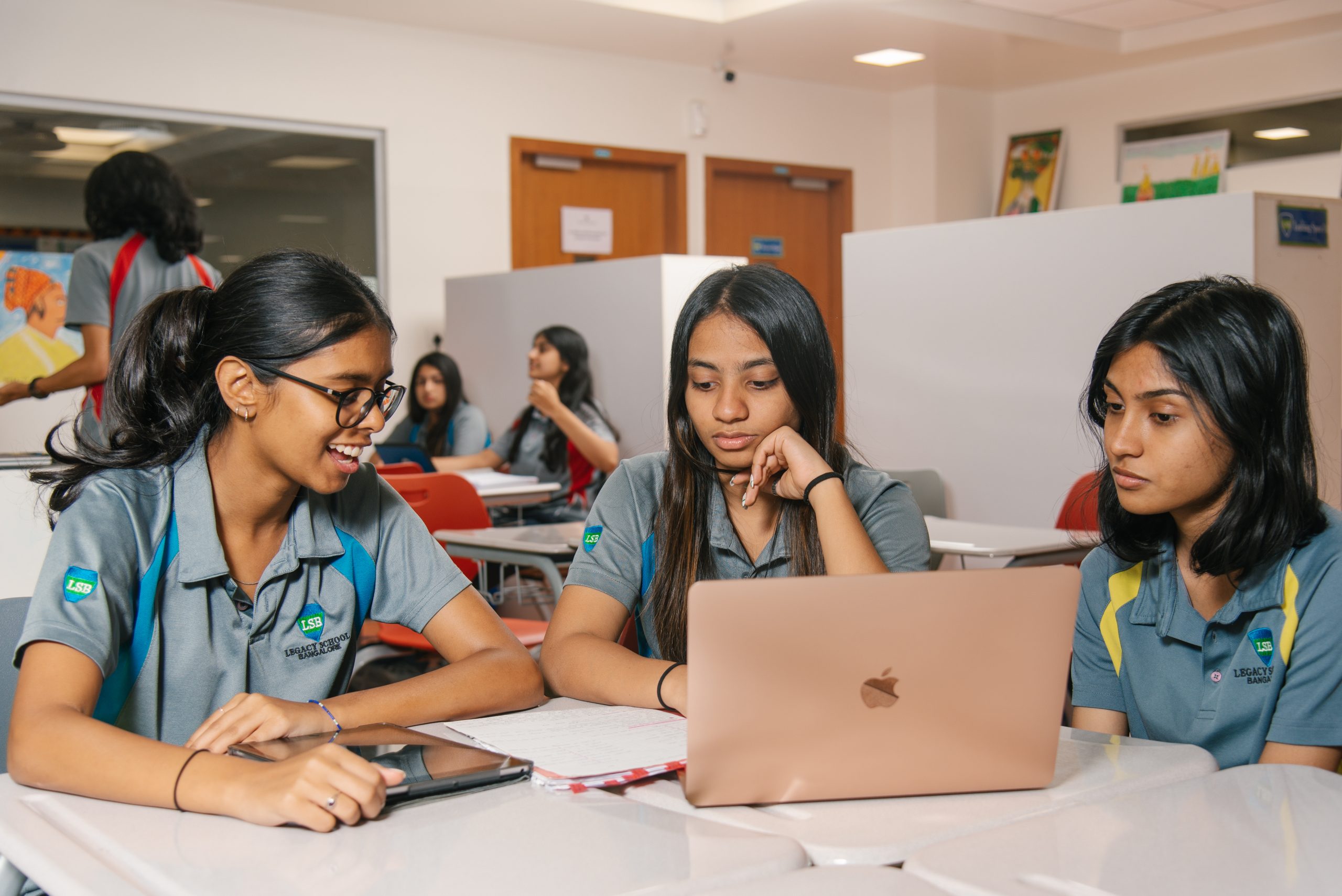Collaboration is an essential skill that students need to cultivate for both academic and personal growth. When working in teams, there is always a tendency that contrast arises in beliefs, ideas, ownership, process and allocations from which conflict may arise. The key to successful collaboration lies in focusing on the effectiveness of the process rather than exclusively focusing on the outcome. In school-based collaborative tasks and projects, students must learn to explore, discuss and work with differing opinions, points of view and beliefs, to find ways to respect and integrate each other’s perspectives without sidelining anyone’s voice. Without this, any outcome is limited by not representing genuinely collaborative work.
The beauty of collaboration is that it’s not just about finishing a task on time; it’s about engaging with different viewpoints and learning from one another. It’s a dynamic process that requires patience, mutual respect, and an open-mindedness which allows for engagement with contrasting creative ideas and perspectives to growth. Students must understand that each team member brings a unique background and set of experiences to the table, which enriches the overall learning experience.
The best international schools in Bangalore, such as Legacy School, recognise the value of project-based learning and the importance of meaningful teamwork in fostering future-ready students. These institutions create an environment where students are not just passive recipients of knowledge, but active participants in their educational journey, preparing them for success in the real world.
Collaboration fosters the underlying skills and attitudes which enable a more meaningful engagement with, and experience of, teamwork, within which each student is seen not just as a contributor but as a leader in their own right. Effective collaboration is a confluence of skills which transcend the classroom and play a crucial role in building the kind of cooperative spirit which produces more meaningful outcomes in real-world situations.
The benefits and positive impacts of effective collaboration for students include:
Open-Mindedness and Acceptance: Working with peers from different backgrounds requires students to release negative judgement where ideas and approaches are in contrast, leading to an opening of attitudes and mindsets. This fosters a greater extent of interpersonal understanding and acceptance of diverse ideas and perspectives.
Communication Skills: Collaboration demands of students to challenge themselves in articulating in clear, structured ways such that diverse, contrasting individuals within groups can understand with certainty what is being communicated. Further, communication is two way, and collaborative groups require individuals a capacity to actively listen to others, creating an inclusive environment where every voice is valued. Indeed, within communication in collaborative groups, students spend the majority of their time in a listening dynamic and this can be challenging when we are finding our own ideas challenged.
Develops Critical Thinking: Through collaboration, students are exposed to real-time evaluation of different perspectives, ideas, and problem-solving dynamics. This helps them grow as thoughtful, effective decision-makers.
Boosts Confidence: Collaboration can provide a supportive space for students in which they can experience broader growth, express ideas and find achievement on a higher level. It helps students to overcome their auction of judgment from peers, boosts their self-assurance, as well as strengthening their abilities and in their relationships.
Collaboration is not just a skill; it’s a culmination of important skills and attitudes. By learning to collaborate effectively, students become more confident, more resilient, and more open to taking risks—traits that are invaluable in overcoming the challenges they’ll face in life.
Top international schools, like Legacy School in Bangalore, place a strong emphasis on the power of teamwork and project-based learning. These schools recognize that students are not just recipients of knowledge but active participants in their educational journey. This approach equips students with the skills, confidence, and mindset they need to thrive both inside and outside the classroom, preparing them for a successful future.


